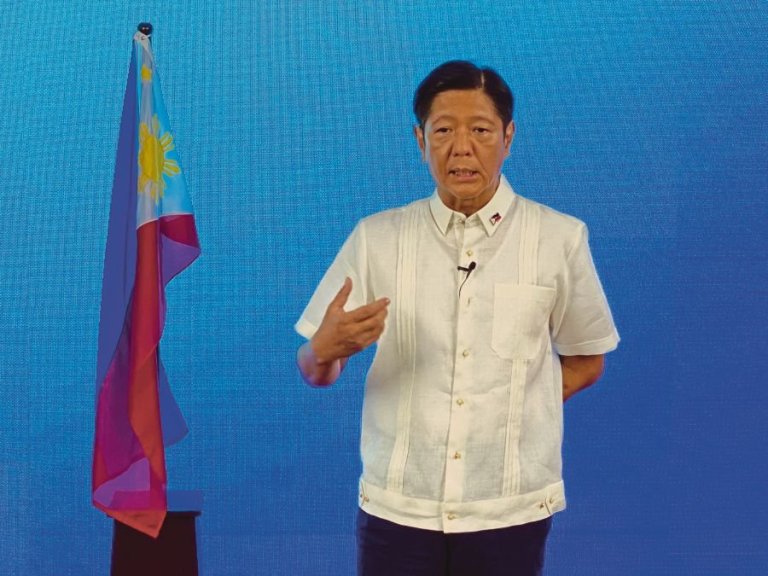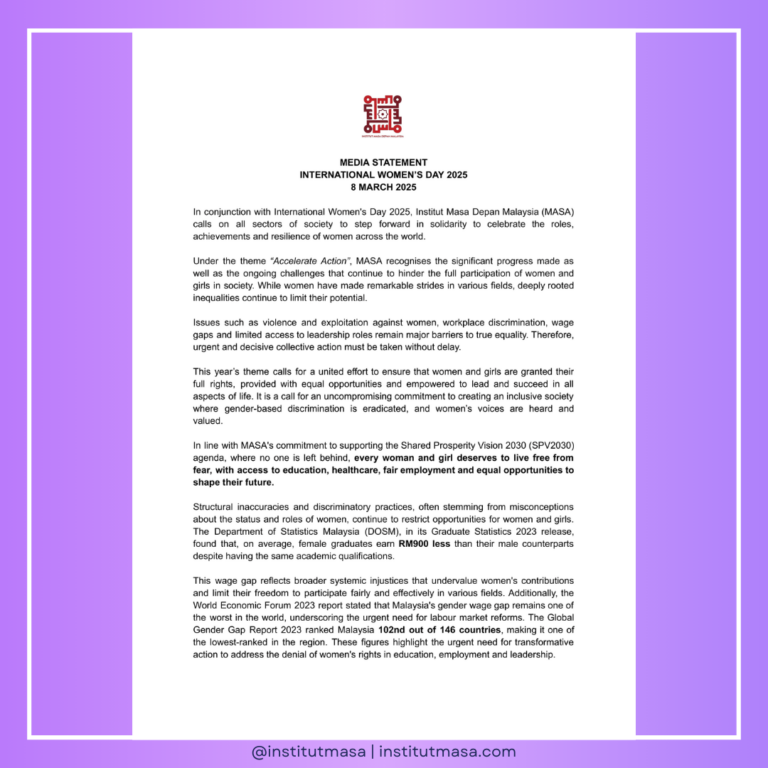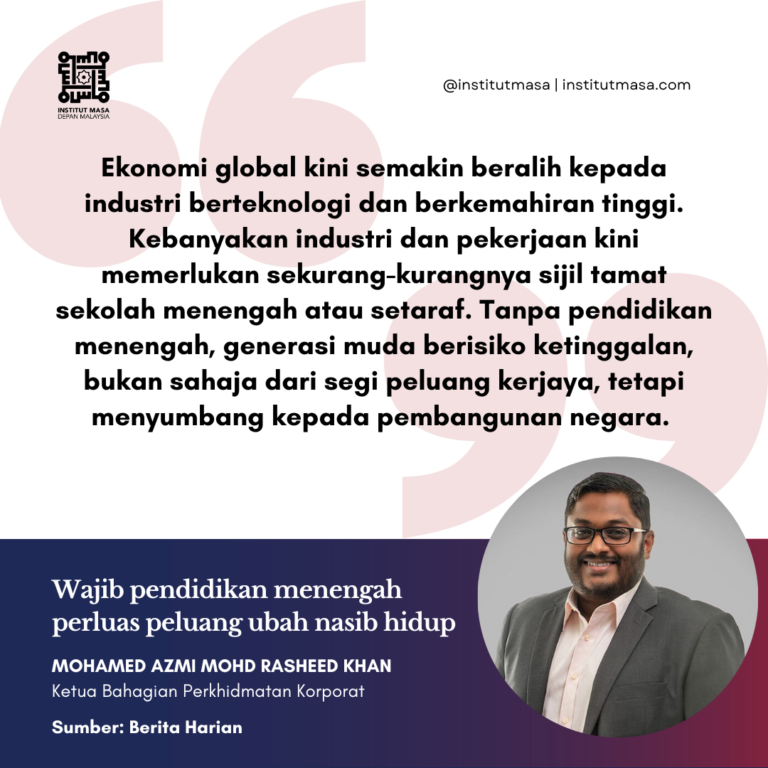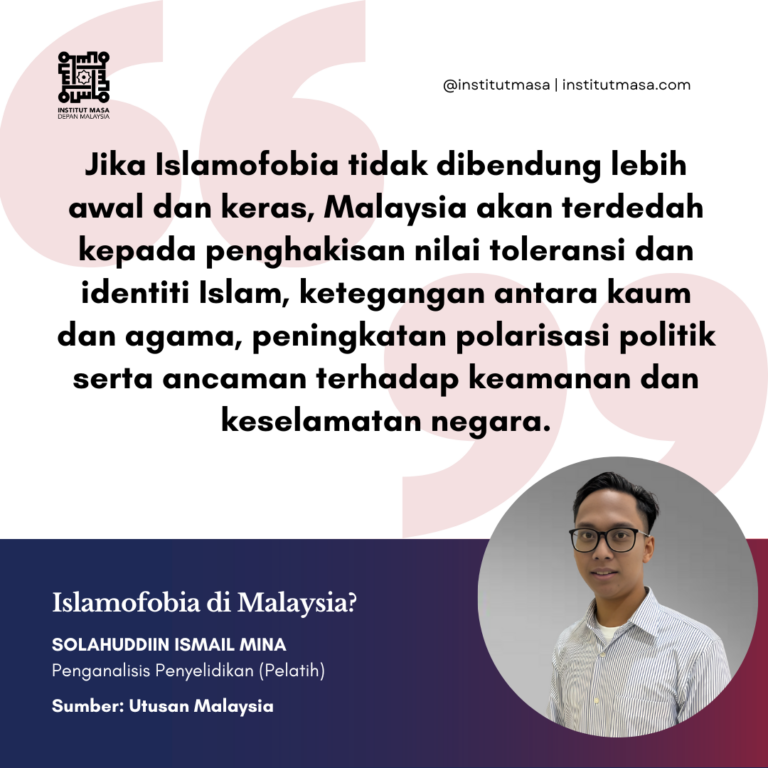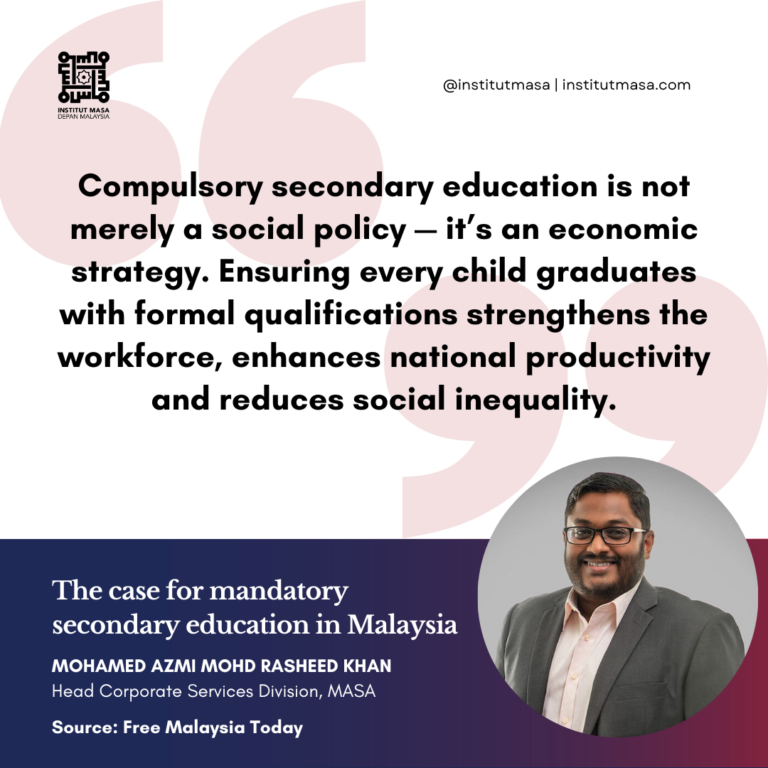By Khairul Syakirin Zulkifli, Research Analyst, Institut Masa Depan Malaysia
The recent Philippines general election saw a continuation of strongman leadership between two strong elite families in politics — former presidents Ferdinand Marcos and Rodrigo Duterte.
Ferdinand Marcos Jr (Bongbong), the son of Marcos who ruled the Philippines from 1965 to 1986, secured 31 million voters and his opponent, Leni Robredo, received 14 million votes. His victory is a refection of the process of “rewriting history” through social media.
Pre-election, Aries A. Arugay, a visiting fellow at the Yusof Ishak Institute, stated that social media would be the dominant tool in influencing voters’ decision-making.
Maria Ressa, the 2021 Nobel Peace Prize laureate and Rappler chief executive officer warned that social media in the Philippines served as a tool to promote “digital authoritarianism”.
False and inaccurate information on social media during the election, they said, functioned to erase the Marcos family’s brutality, violence and kleptocratic rule, leading to society having contradictory thoughts of what is the truth.
What followed were hatred and lies that intensified during the political campaigns.
According to local fact-check site Verafiles, election-related misinformation enormously benefited the Marcos-Duterte axis. Ressa propounded the lack of curiosity where people just accepted the flow of information.
Bongbong, in one of his election speeches, didn’t even acknowledge his parents’ draconian rule and corruption. Instead, he said: “I can’t return what I did not own.”
In the past, traditional interactions involving debates and arguments of government institutions created public opinions. Now, it is not just influenced by the government institutions or the public. One posting may circulate rapidly on social media, and it takes time to investigate and impose punishment.
Besides the influence of social media, Filipinos voted for Bongbong as he focused on daily issues, in particular, their livelihoods.
In the Malaysian context, this is similar to Umno-Barisan Nasional’s slogan used in the recent Melaka and Johor elections. “Stability for Prosperity”— simple and pragmatic enough for the masses to understand, especially during the hard times post-Covid-19.
Professor Edmund Terence Gomez, in his book Malaysia’s 14th General Election and Umno’s Fall, stated that the reason why Pas performed well in the last general election was mainly due to the emphasis on infrastructure and rural development, which benefitted small- and medium-sized entrepreneurs and the agriculture sector.
In his speech on Filipino nationalist José Rizal in 1995, former deputy prime minister Datuk Seri Anwar Ibrahim described the reciprocal relationship between poverty and corruption, and this could have been the formula for populist movements today.
“But this ideal will continue to elude us as long as abject poverty, rampant corruption, oligarchs and encomenderos (vassals favoured by rulers) remain,” Anwar said.
Ironically, the opposition’s strategy to focus on corruption as the key campaign issue was not compelling, leading to it losing badly in Melaka and Johor.
The question is why a vast number of non-partisan voters refused to come out and vote.
Perhaps the inability of opposition coalitions to unveil critical reforms and the promises of a better livelihood had frustrated voters.
What the voters want post-pandemic is improvement to their lives and livelihoods, where livelihood concerns supercede issues of bribery.
Professor Datuk Dr Syed Hussein Alatas, in his book The Sociology of Corruption, discusses extensively on pro-corruption social norms, labelling them as defentio diabolica, the most advanced agent of corruption that causes wretchedness in human civilisation.
As such, a corruption-free nation must be the highest objective of any political party.
To achieve this, concerted and rigorous efforts must be taken.
The key step is to go back to the fundamental issue, which is improving the people’s welfare and quality of life.
Campaigners, advisers and politicians must focus on pragmatic approaches and solutions to tackle these livelihood issues.
In real political situations, social media is more than capable of rewriting history, promoting those who are unfavourable to be favourable.
It generates doubt, confusion, social distrust and polarisation.
Those with a lower moral standpoint have the chance to be influential leaders in a country.
This is easily achieved by pledging to solve the people’s grievances (livelihood) regardless of the result.
Source: https://www.nst.com.my/opinion/columnists/2022/05/797994/will-history-be-rewritten-malaysia-too
Image: https://assets.nst.com.my/images/articles/20nt23bong_1653062445.jpg
